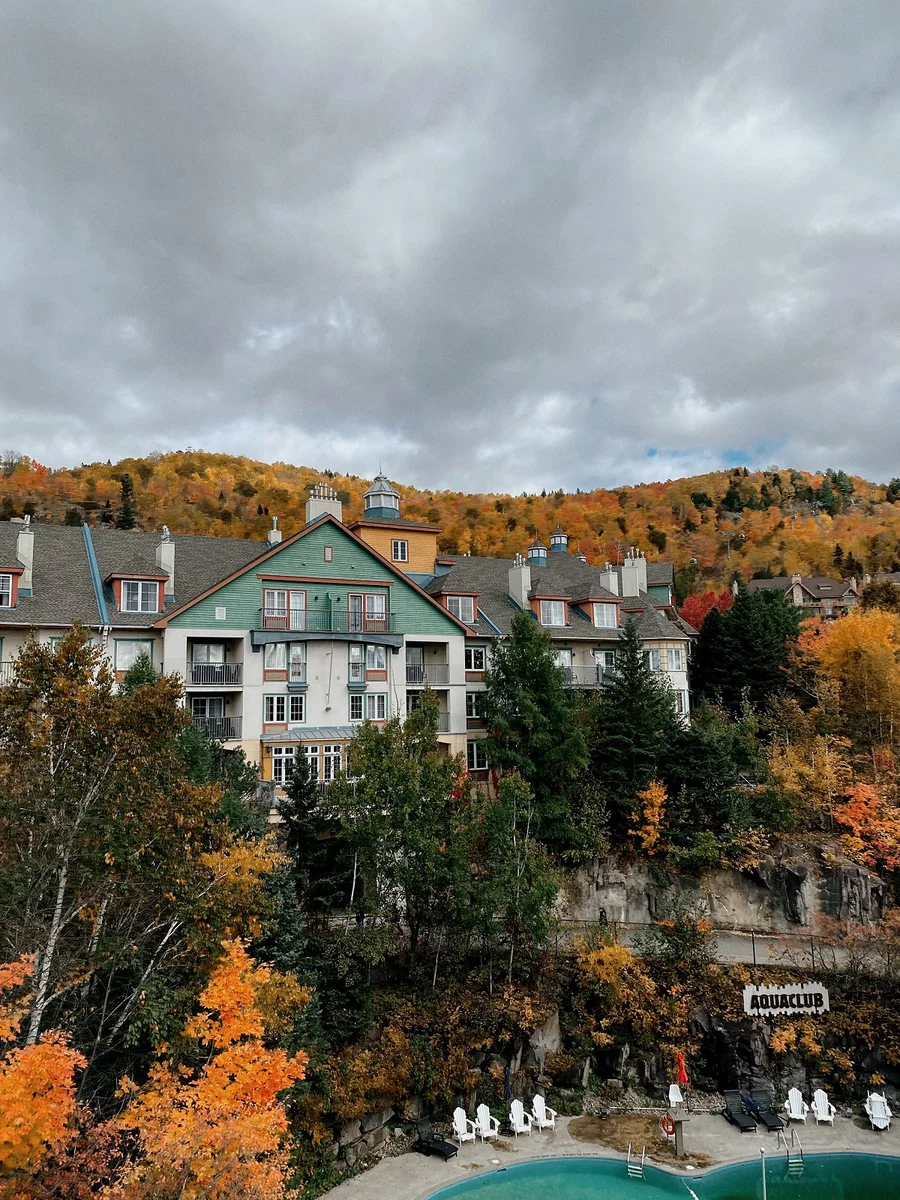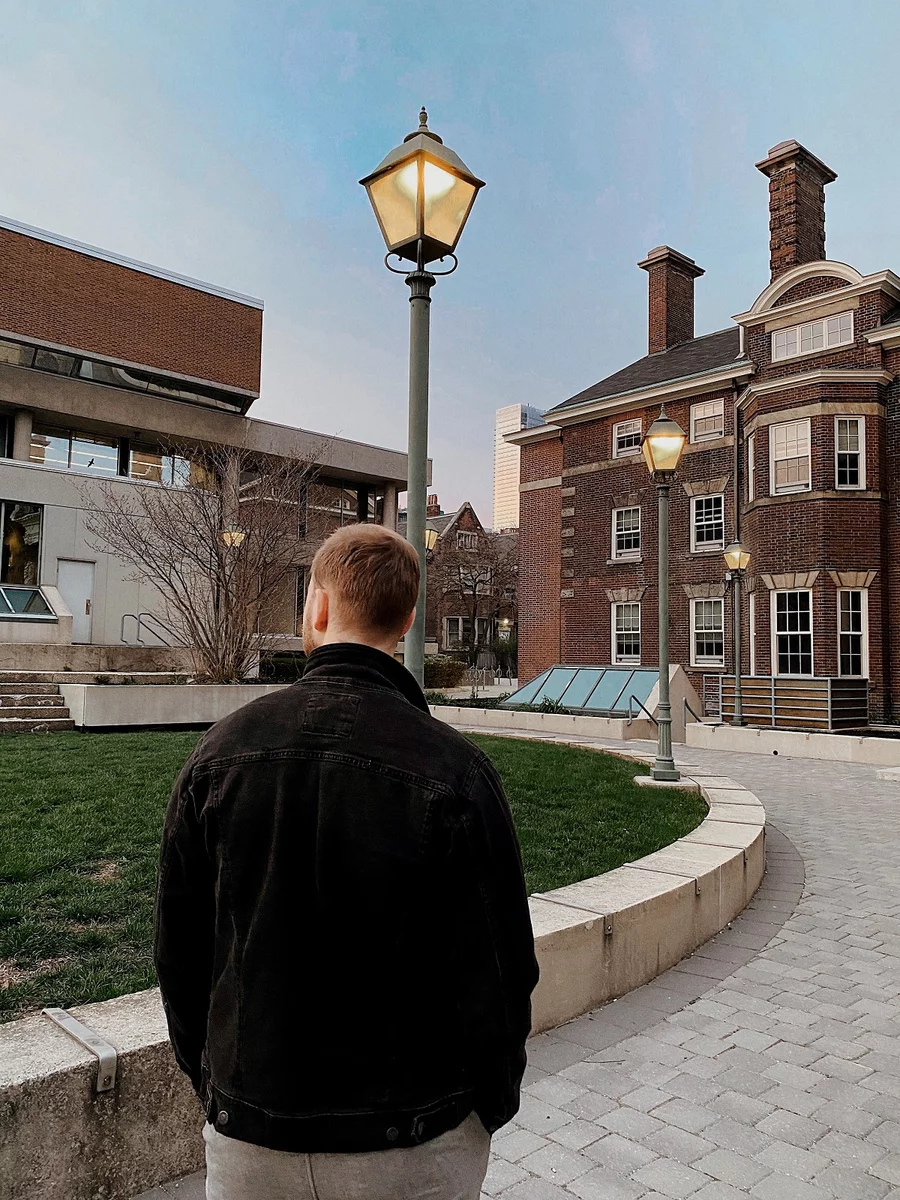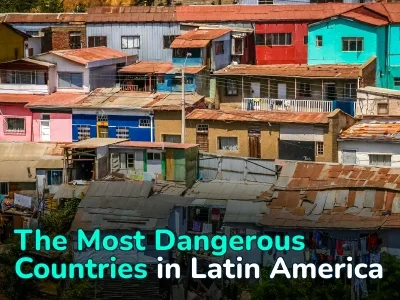
“Moved to another continent at the age of 21.” Personal experience of studying and living in Canada: prices, housing, difficulties
How is it possible to move to Canada, and how much can it cost? How much does one need to earn while living in Toronto? For how much can one buy and rent a house in different cities around the country? Read our article to learn about moving to Canada from a personal perspective.
There are more than 38 million people living in Canada, and the main reason for population growth is immigration. For example, in 2022, Canada welcomed more than 437 thousand new permanent residents. The country has also set a goal of welcoming even more immigrants between 2023 and 2025. The plan is to bring in 500,000 immigrants each year by 2025.
All of this emphasizes how up-to-date the subject of immigration to Canada is. Dmitry, who immigrated to Canada in 2018, told us why he decided to move, what it took to do it, and what he has learned about life in Canada over time.
About the reasons for relocation
— My name is Dima, and I am from Ukraine. I lived and studied in Odessa for the last five years before I moved to Canada. In my fourth year of study, I decided that I wanted to relocate and continue my studies abroad. I chose Seneca College (Toronto, Ontario) because it was the best option in terms of price and quality.
The move took me about 10 months—this amount of time was needed to get into college. I ended up moving to Canada in December 2018, when I was 21 years old.
Note. Modern Canada is made up of 10 provinces: Alberta, British Columbia, Quebec, Manitoba, Nova Scotia, New Brunswick, Newfoundland and Labrador, Ontario, Prince Edward Island, and Saskatchewan; and 3 Canadian territories: Nunavut, Yukon, and the Northwest Territories. Each province has its own parliament, government, budget, courts, etc.


 ⠀⠀
⠀⠀
— To be brief, the main reasons for moving to Canada were these:
- I wanted to study abroad. It was my dream. The only question was where exactly I was going.
- I realized that my development had stalled and that something had to change.
- A desire to improve my standard of living.
- Fear of losing my job.
At the time of my decision, I was choosing between Europe and America. But then it turned out that there were not many options in Europe, and America was too expensive for me. So I chose Canada.
In general, I am satisfied with my choice—I feel comfortable in Canada. First and foremost, because of the overall quality of life. Perhaps there was also the influence of the cinema. It was too beautiful a picture. Sold!
I currently work in logistics, and I blog about Canada for people who are just interested in Canada, who are thinking about moving, and for those who are already here.

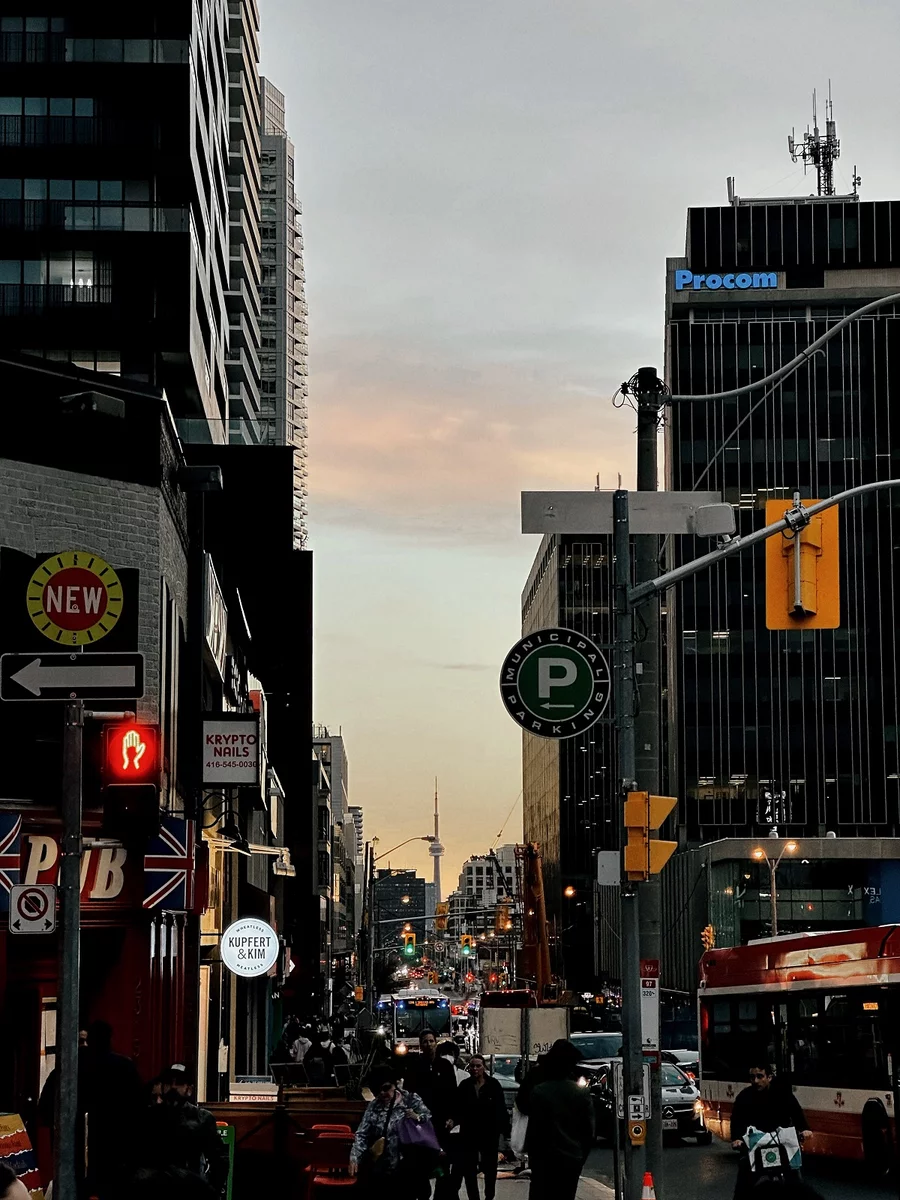

On the grounds, documents, and cost of moving
— As I said before, I studied in Toronto. And studying in Canada is one of the ways to immigrate. A huge plus is that after graduation you can stay in the country for a while on a work permit: for one year if you study here for 1 year, and for plus 3 years you can stay if you came for a two-year training program.
Accordingly, this gives you more time to find your immigration path and choose the right immigration program for you. I specifically applied for a residence permit through the federal Canadian Experience Class program.
Note. The following are the most popular programs for immigration to Canada:
- Study in Canada (the most popular but not the cheapest method of immigration).
- Qualified Specialist (if you are a valuable specialist in a particular field).
- Business immigration (if you plan to start a business and are willing to hire Canadians).
- The Atlantic Immigration Pilot Program (AIPP). This is one of the easiest immigration programs in the world, with simplified requirements. The purpose of this program is to settle the Atlantic part of Canada and solve the problem of labor shortages in four Atlantic provinces.
- Rural and Northern Immigration Pilot. This project focuses on immigration to rural and northern areas.
- International Experience Canada (IEC). This is a program to find professionals between the ages of 18 and 35.
- Tech Pilot. It’s a fast track to a Canadian permanent residency for talent from the IT world, straight to the province of British Columbia.
- Self-employed. A program for people in the creative industries: artists, painters, writers, and journalists.
- Caregiver (Home Child Care Provider or Home Support Worker).
- Family Sponsorship. It’s kind of like a family reunification program.
- Express Entry (a system for selecting skilled immigrants based on their ability to settle in Canada and take part in the Canadian economy).
You can find all the details about immigration programs, visas, jobs, etc. on Canada’s official website.

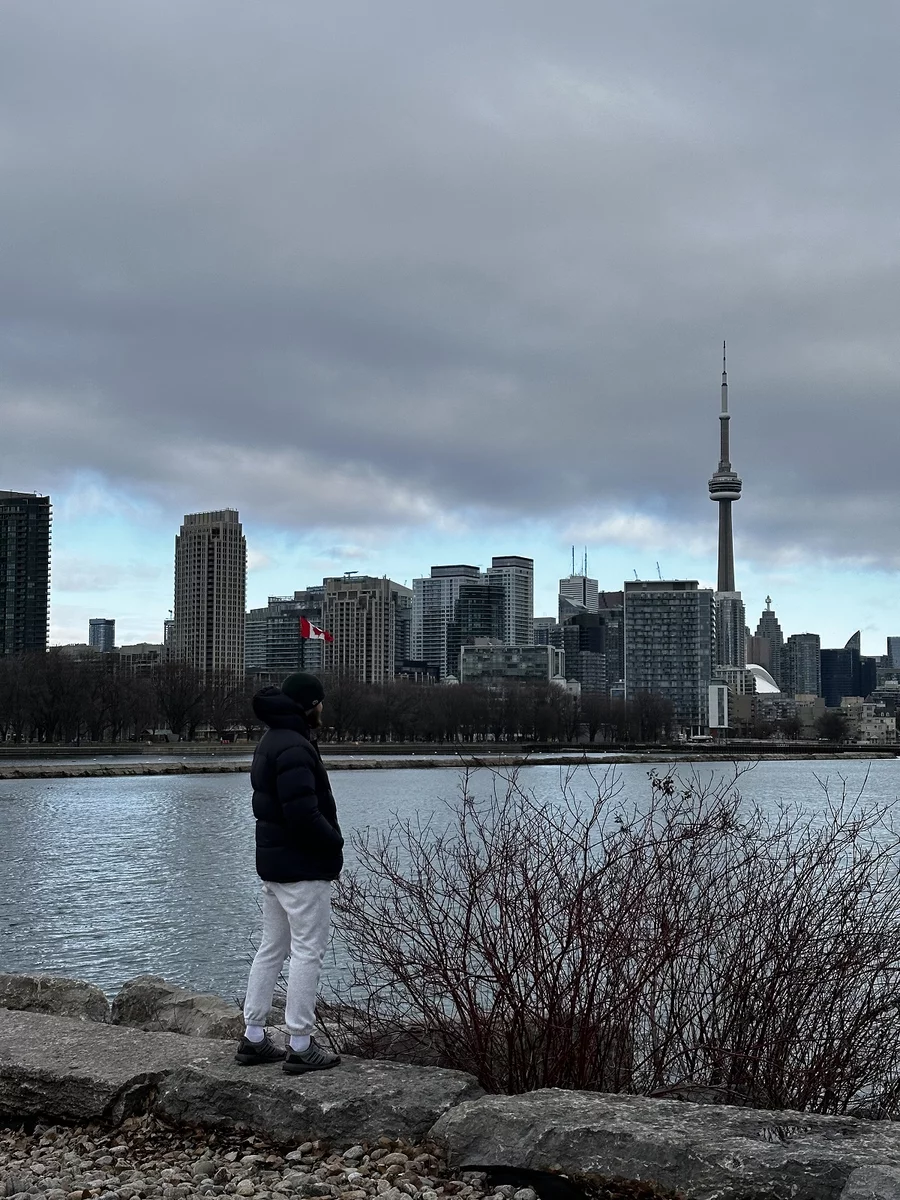

— My move was quite simple in terms of the steps. Everything was clear and simple: pass the English test, get all the necessary documents, apply for the program, get the confirmation, and fly to Canada.
The documents that I had to present were the English IELTS, a certificate of no criminal record, documents confirming graduation from Odessa University, bank statements; some application forms, a motivation letter, references, a passport, and a sponsor’s letter from my parents.
Regarding the cost of moving, it all depends on what program you are attending. Studying, for example, is the most popular but also the most expensive way to immigrate to Canada. The price of annual training ranges from 16 to 40 thousand CAD per year (from 12 to 30 thousand U.S. dollars).
The essence of the program is simple: you get an education from a Canadian public university, having paid all of it from your own pocket; after getting an education, you get a work visa; after further work experience in your specialty, you can get residency; and after that, citizenship.
In addition to the cost of education, it is desirable to have a financial safety net for at least 2–3 months.



About the search for housing and a comfortable amount to live in
— The cost of living in Canada is highly dependent on where you live. In Toronto, where I live, you need to make between 4-5 thousand Canadian dollars a month after taxes (about $3-3.7 thousand) to feel normal. In general, though, prices have gone up now because of inflation, although the government is trying to stabilize things.
Things aren’t easy with real estate, either: as the government struggles with inflation and raises interest rates, people can’t afford to buy homes. Even though housing prices have fallen slightly, people still can’t afford it (because it’s very difficult to count on a mortgage). This has caused the cost of rent to soar over the last two years. If you were counting on one amount of rent six months ago, there will be very different numbers now.
As for me, I initially lived in a college dormitory. This made it a lot easier for me to find a place to live later on because I already had a history. And history in Canada is a very important thing. The two most essential factors are where you previously lived and your credit history.
Note. In 2022, Canadian home prices fell the most ever recorded (since 2005). In one December, the national average home price fell 1.6% to CAD $730,600. The overall decline from February’s peak was 13.2%.
The market correction was caused by rapidly rising interest rates. Last March, the benchmark rate was 0.25%. The Bank of Canada has since raised it to 4.25%: which means that prospective buyers looking to take out a 5-year mortgage face a rate of about 6.5%.
Let’s use the following five Canadian cities as examples to demonstrate the average cost per square meter, the average rent for a one-bedroom apartment, and the average wage (according to data of Numbeo platform):
|
|
Price per “square” in U.S. dollars |
Price for renting a “one-bedroom” in U.S. dollars |
Average salary per month (after taxes) |
|
|
|
|
|
|
|
|
|
|
|
|
|
|
|
|
|
|
|
|
|
|
|
|
|
Important: since Jan. 1, 2023, only citizens or permanent residents may buy a housing in Canada—foreigners are not allowed to do so. Please read our text to see who is exempt.
About work, health care, and taxes
— It is possible to find a job. It’s more a question of where to look for it and on what salary to count. The fact is that there are a lot of low-paying jobs, but it is almost unrealistic to live on them in large cities. You can look for qualified work for months, send thousands of resumes (this is not an exaggeration), and then you will get something.
Health care here is free, not counting the dentist, ophthalmologist, and cosmetic services. But there are nuances: you can, for example, wait months for the usual doctor’s appointment if something is not very urgent.
About taxes. In Canada, there is a progressive taxation system, so the more you earn, the more taxes you pay. There are provinces where taxes are lower, and there are provinces where they are higher. So before you move, you should definitely look at where you can save more money than you can make. Because in one province, you can spend all of your income and remain penniless, while in another province, you can make less money and still be able to save money due to lower taxes and living expenses.
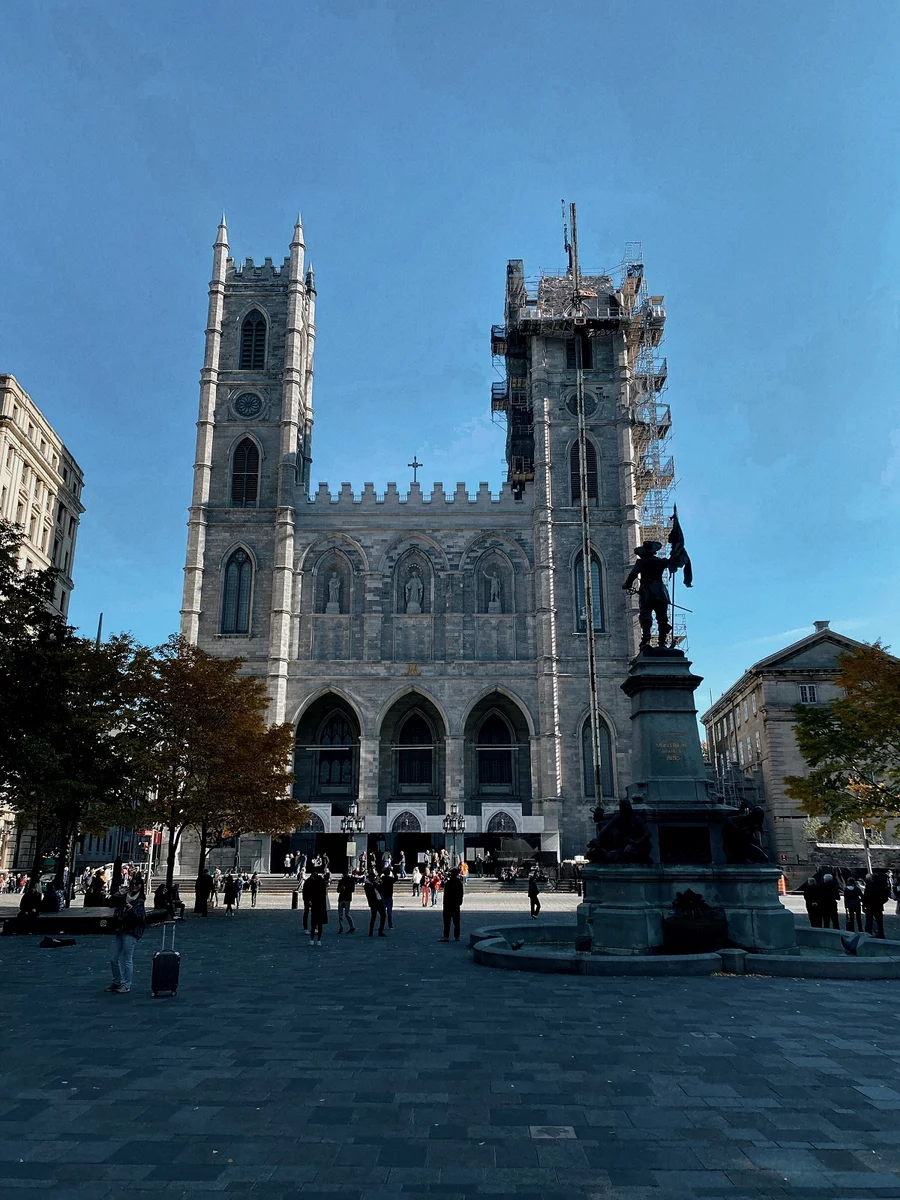
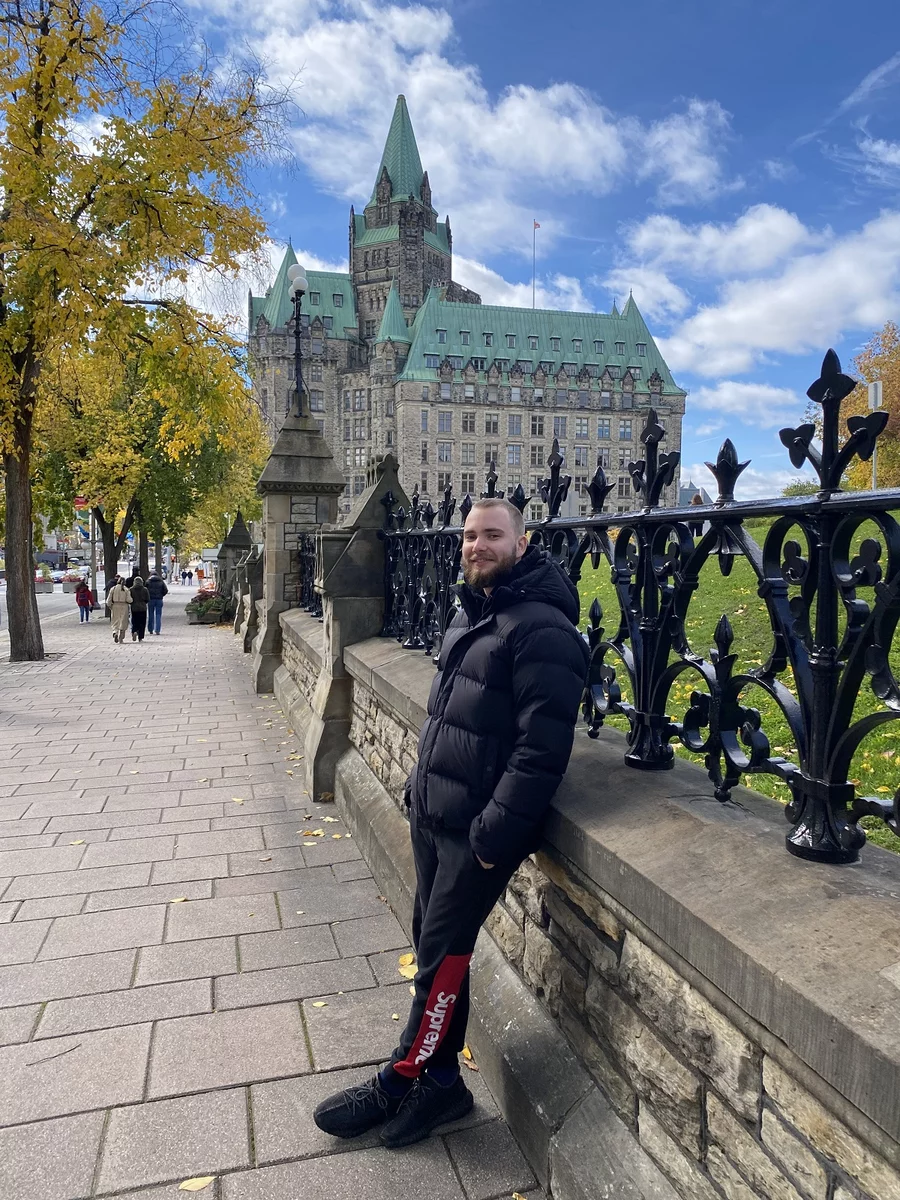
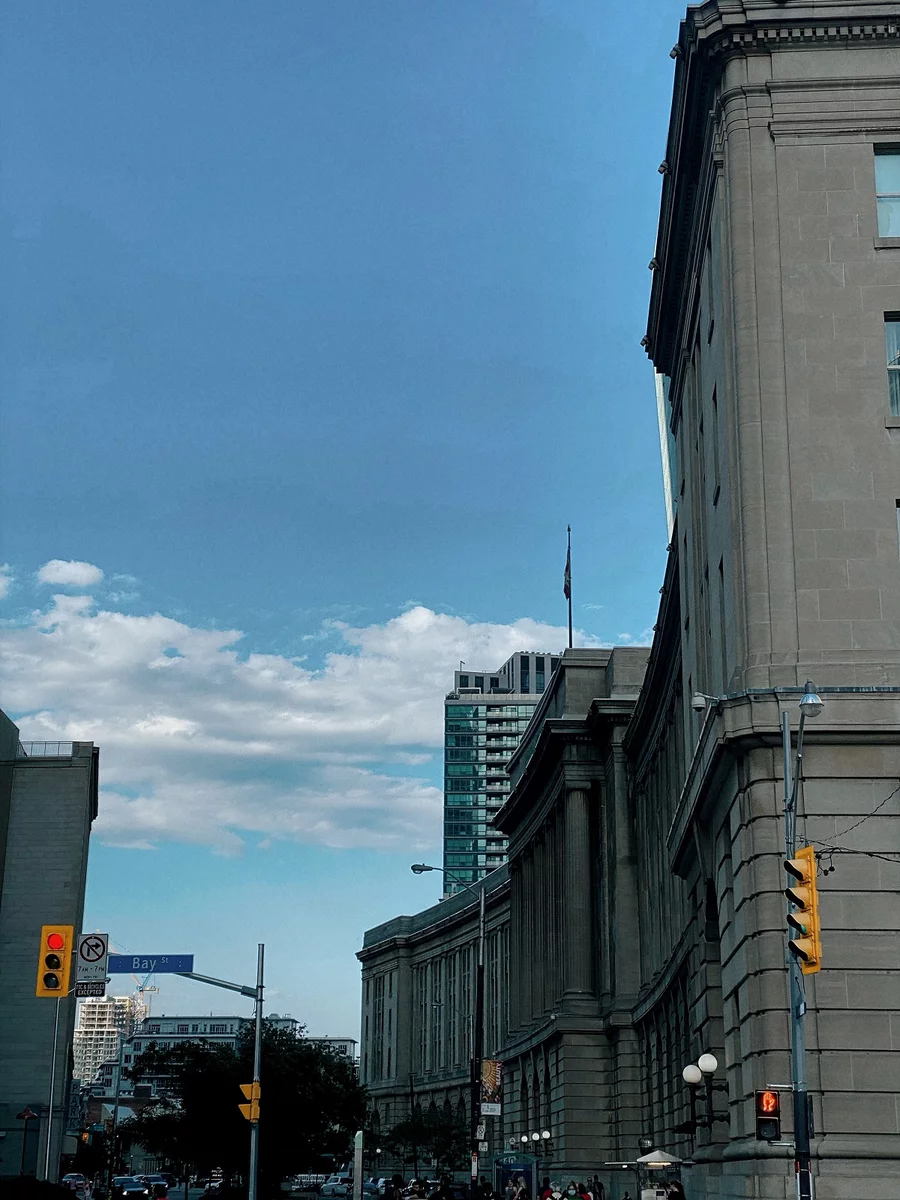
On the pros, cons, and attitudes toward immigrants
— There are so many pluses in Canada: nature, free health care, the standard of living, a strong economy, immigration policy, and more. But because of the difficulty of starting life in Canada, immigrants often fail to see and understand these pluses.
The downsides, like everywhere else, are there too. At the moment, of course, I don't like inflation. But this is a problem all over the world. Also, it is not easy to find a good office job, but if you can work with your hands, you can provide a decent life. And of course, real estate prices: very expensive, especially now.
I haven't traveled around Canada much yet, but I've already noticed that infrastructure is often lacking. For example, unlike in Europe, there is no way to fly from one city to another for $20. The reason for the lack of infrastructure is that the country has a small population and a lot of space. True, this does not apply to large cities—they have everything.
The same can be said about entertainments and access to them: in the big city, there will be no problems with it, but as soon as you leave for 200–300 km, it becomes boring. It is difficult to enjoy nature 24/7; at some point, you want to do something.
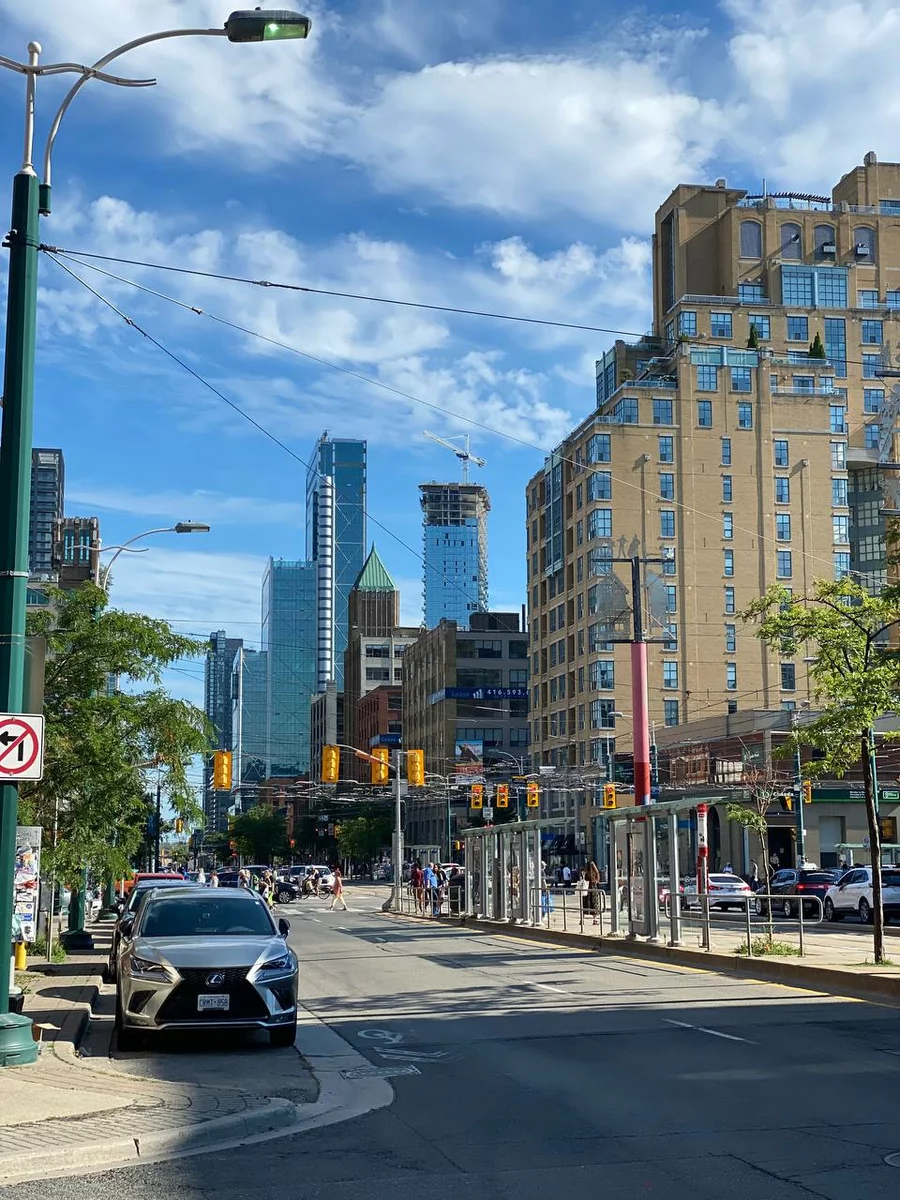
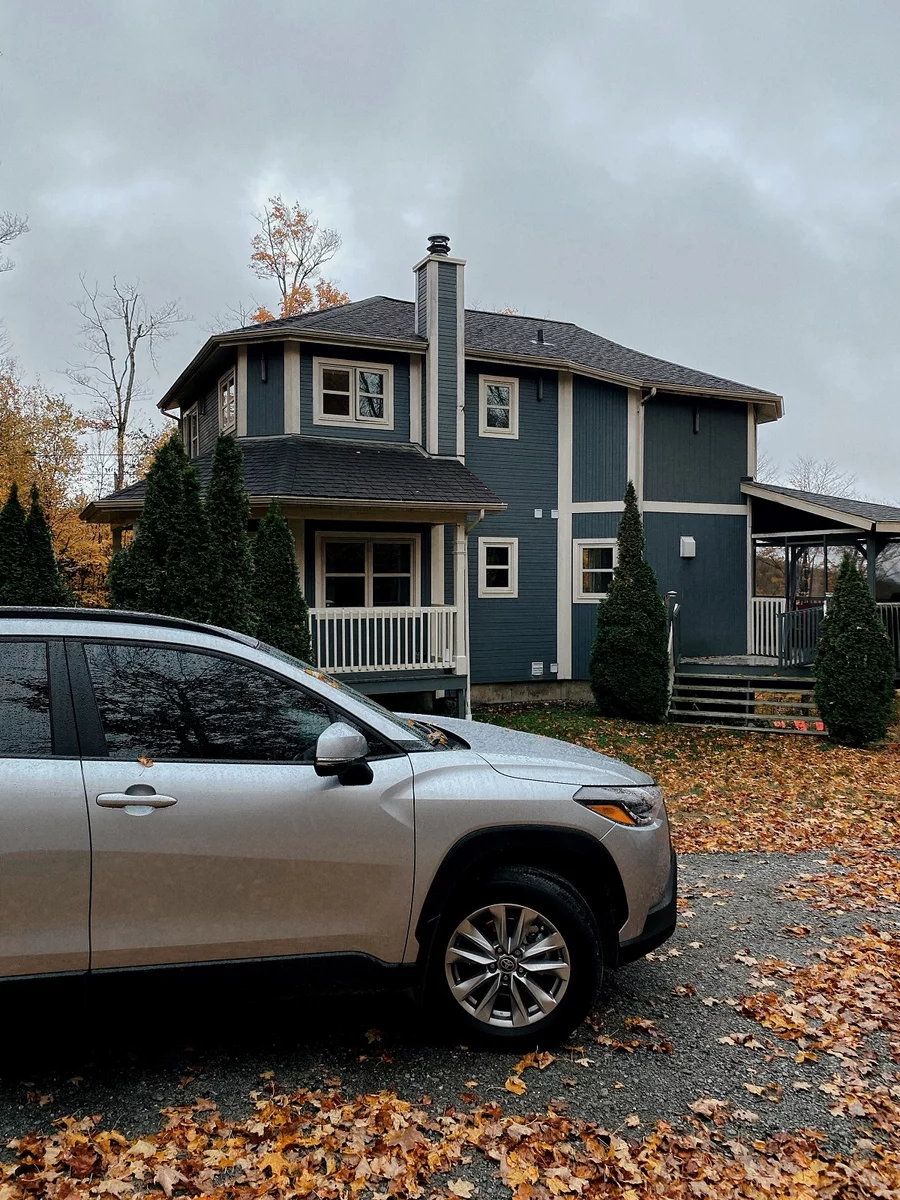

— Canada is a country of immigrants. I personally have never encountered any bad treatment as an immigrant. But I live in a big city. Those who go to the north say that problems sometimes arise there—but I can't confirm that from personal experience. In general, there are many services and institutions for immigrants. Plus, there are different communities that can help you adapt.
Everyone goes through all kinds of periods of adjustment, from “why did I come here?” to “well, it's not so bad.” I felt the same too. You don't have to think that this is heaven. There are a lot of issues here. But you always have to remember why you're here and what your goals are. When the euphoria is followed by an emotional breakdown and the first problems you encounter, it is important not to give up and to give yourself an opportunity to rest and go after your goals.
Anything is really possible here; you just need to find your way. Be motivated by other people's stories, but at the same time, don't worry if, after one year of living in Canada, you haven't earned your first house and you don't have $500,000 in your pocket. Give yourself time. Canada is basically a slow country. So plan your life and look for opportunities to fulfill your dreams.
And lastly, network. Network a lot. Networking is powerful, especially in Canada.
Do you want to share your personal experience of relocating and living in another country? Email us at info@realting.com. We will be happy to tell your story.
Author
I am responsible for editorial work. I write expert interviews and guides.








